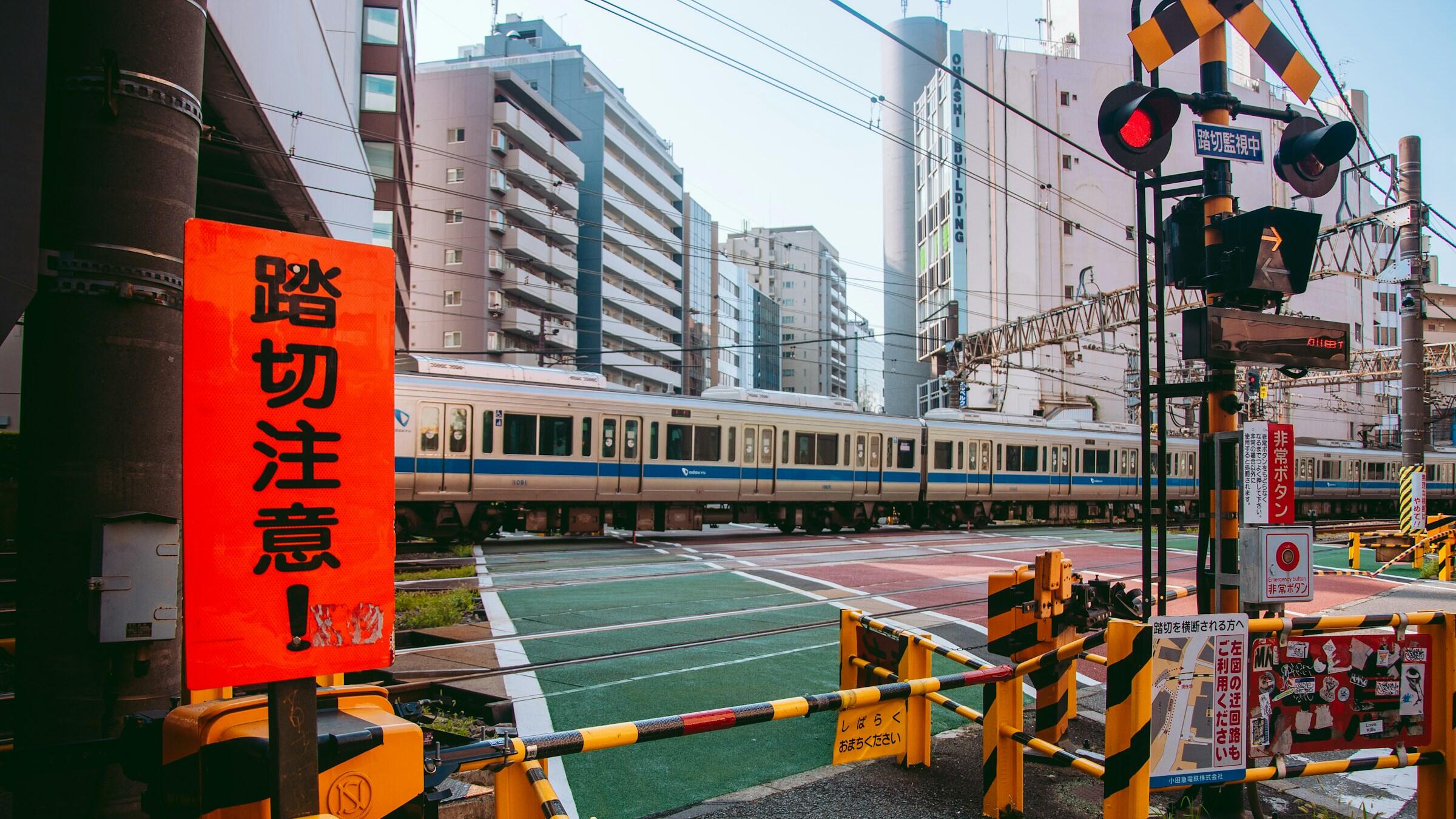Asia-Pacific markets declined on Friday, following the steep sell-off on Wall Street as technology stocks remained under pressure and doubts intensified over whether the Federal Reserve will cut rates in December.
By 11:30 am AEDT (12:30 am GMT), Australia’s S&P/ASX 200 was down 1.5%, while Japan’s Nikkei 225 bucked the regional trend, rising 1.5%. South Korea’s Kospi 200 fell sharply, losing 2.2%.
On the economic front, South Korea’s import and export price indexes rose 0.5% and 4.8% year on year, respectively, outpacing expectations for a 0.6% increase in import prices and a 2.2% gain in export prices.
Meanwhile, China released its latest readings on retail sales, industrial production, and fixed-asset investment for October.
Industrial production reportedly sustained growth, up 4.9% year on year versus 5.5% expected and 6.5% in the previous period.
Retail sales added 2.9% versus 2.7% expected, down slightly from last month's reading of 3%.
Fixed asset investment fell 1.7%, greater than an expected decline of 0.8% and accelerating from last month's fall of 0.5%.
Unemployment was generally stable, ticking down to 5.1% versus 5.2% in the previous period.
Overnight in the United States, major indices closed lower, with the Dow Jones Industrial Average down 1.7% as it retreated from Wednesday’s record close. The S&P 500 also fell 1.7%, while the Nasdaq Composite shed 2.3% as technology stocks led declines.
In commodities, Brent crude rose 0.5% to settle at US$63.01 per barrel, while spot gold slipped 0.6% to US$4,171.75 per ounce.
Meanwhile, in China on Thursday, the Shanghai Composite advanced 0.7% to close at fresh 10-year highs of 4,029.5. The CSI 300 gained 1.2% to 4,702.1.
Hong Kong’s Hang Seng Index added 0.6%, extending multiweek highs to 27,073.0. India’s BSE Sensex was little changed, ending at 84,478.7.
European markets also finished lower on Thursday. London’s FTSE 100 fell 1.1% to 9,807.7, Germany’s DAX dropped 1.4% to 24,041.6, and France’s CAC 40 edged 0.1% lower to 8,232.5.



